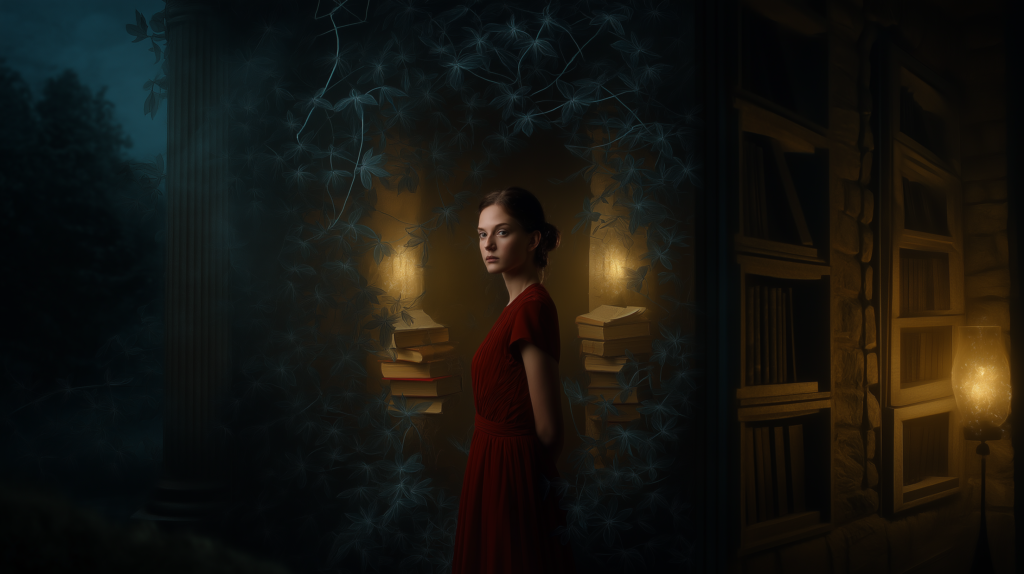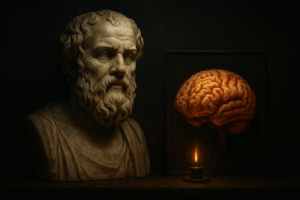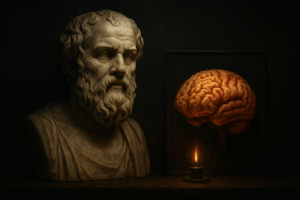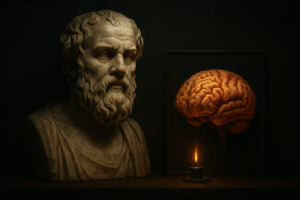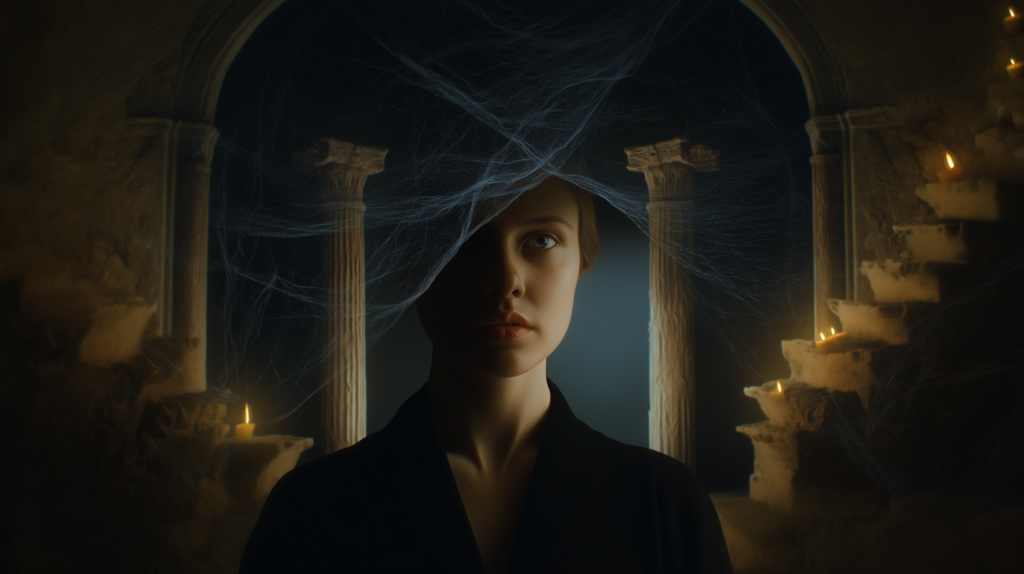
Your feed, your thoughts, and your decisions are being collapsed by others — and you don’t even realize it.
Understand how quantum physics can help you reclaim control.
We live in an era where personal freedom is celebrated, but the real power of choice is increasingly diluted. We are bombarded with voices, advice, algorithms, and emotional and visual stimuli that tell us what to think, want, and prioritize. So the question remains: are we truly choosing?
This article explores the concept of free will from different perspectives — with a focus on quantum physics as a tool to restore real autonomy over our lives.
1. What Is Free Will?
Free will is essentially the ability to make decisions consciously, voluntarily, and autonomously. It assumes we can make choices that are not determined by external or internal forces.
However, the concept has been debated for centuries. To what extent do we truly make our own decisions, and to what extent are we just reacting to conditioning, fear, or context?

2. The Main Perspectives on Free Will
Philosophy: Free will is what makes humans morally responsible. Without freedom, there is no ethics. Yet philosophy also questions whether this freedom is real or just an illusion.
Religion: Many traditions view free will as a divine gift — a test of moral and spiritual choices. Good and evil are available, but the final decision lies with the individual.
Psychology: Studies show that trauma, beliefs, and unconscious patterns directly influence our decisions. Real freedom only exists through self-awareness.
Neuroscience: Experiments like those by Benjamin Libet suggest that the brain initiates actions before we’re consciously aware of deciding. This raises doubts about whether we’re authors or simply observers of our own behavior.
Modern culture: Constant exposure to visual stimuli, pre-packaged narratives, and AI-generated content steers our attention before we even form intention. The environment is choosing for us — silently and efficiently.

3. The Turning Point: Quantum Physics Enters the Conversation
Classical physics assumes events follow predictable cause-and-effect chains. But quantum physics shows that, at the subatomic level, this is not the case.
Particles don’t have defined positions or velocities until they are observed. Before observation, they exist in multiple simultaneous possibilities. When observation happens, one possibility collapses and becomes real.
This is the foundation of the Copenhagen interpretation, the most widely accepted explanation of quantum behavior.
4. Observation as an Act of Creation
If reality only defines itself at the moment of observation, then what we choose to observe determines what becomes real.
This is the key insight: free will may not be about choosing from all possible outcomes, but about choosing what to observe — where to direct our focus. That attention collapses one possibility into a concrete reality.

5. What This Changes in Practice
If you don’t decide where your attention goes, someone else will decide it for you.
Every image you’re shown, every unsolicited piece of advice, every question you didn’t ask yourself… influences the collapse of your reality.
If you’re looking at what someone else wants you to see, the choice has already been made — and it wasn’t yours.
This applies to everything: relationships, career, time, art, creativity. Attention has become the most strategic resource we have.
6. Strategy: Designing Your Field of Attention
The practical solution is clear: take control of your attention.
That means:
- Consciously selecting the ideas, symbols, and questions you allow into your mental space.
- Reducing exposure to noise and distractions that hijack your awareness.
- Creating rituals and systems that help you sustain the reality you want to collapse.
- Developing an internal radar to recognize when a thought or desire isn’t really yours — even if it sounds tempting.
This principle can be applied in your personal life, creative work, or professional decisions. You can also expand it through art, writing, performance, or film.

Conclusion
Free will, from a quantum perspective, doesn’t depend on willpower or emotion.
It depends on focus.
What you choose to observe determines what will materialize.
That’s why reclaiming control over your attention is a strategic and urgent step.
Letting others decide what you should see, think, or desire is giving away your power to choose.
What we offer here is not a theory — it’s a practice: build your own architecture of attention, and with it, shape your reality with more awareness and autonomy.

Complementary Quotes
(Authors who deepen the reflection on consciousness, choice, and observation)
Carl Jung – “Until you make the unconscious conscious, it will direct your life and you will call it fate.”
Viktor Frankl – “Between stimulus and response there is a space. In that space is our power to choose our response. In our response lies our growth and our freedom.”
Niels Bohr – “Physics does not reveal how nature is. It reveals how nature responds to our method of questioning.”
David Bohm – “Consciousness is not separate from the universe. It participates in the very process of reality creation.”
Heisenberg – “What we observe is not nature itself, but nature exposed to our method of questioning.”
Jiddu Krishnamurti – “Total attention is the state of freedom. What you observe with total attention transforms.”
Albert Einstein – “Free will may be an illusion… but it’s a very important illusion.”
Stephen Hawking – “Even if everything is determined, we can act as if we have free will — because it gives us responsibility.”
William James – “My experience is what I agree to attend to.”
Yuval Noah Harari – “Free will is a myth. Choices don’t come from the ‘heart’ — but from billions of neurons, algorithms, and connections we don’t control.”
If this article resonated with you, share it with someone who’s living on autopilot.
And let me know in the comments: do you believe you’re in control of your attention?
